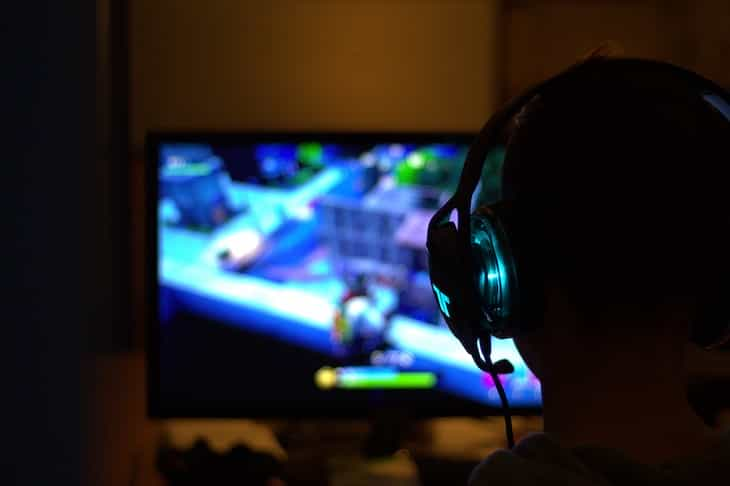While some people might see video games as something "just for kids", lots of modern adults play them as well.
Contrary to popular beliefs, this hobby isn't immature - in many cases, it helps adults fight their stress.
Here are a few benefits of video games that might help adults.

Entertainment and enjoyment
Video games provide entertainment and enjoyment, which can help reduce stress.
Engaging in activities that you find fun and pleasurable can improve your mood and help you feel more relaxed.
Social interaction
Many video games offer multiplayer options or online communities, allowing you to connect and interact with other players.
Socializing with others who share similar interests can provide a sense of belonging and support, reducing stress and feelings of isolation.
Achievement and sense of control
Video games often have goals, challenges, and rewards.
Accomplishing tasks and progressing in the game can give you a sense of achievement and control, boosting your confidence and reducing stress.
Relaxation and escapism
Immersing yourself in a video game world can be a form of relaxation and escapism.
It offers a break from the stresses of everyday life and provides a temporary respite where you can focus on something enjoyable and engaging.
Cognitive engagement
Video games often require mental focus, problem-solving, and strategic thinking.
Engaging your mind in these activities can divert your attention from stressors and promote a state of flow and concentration.
Stress hormone regulation
Research suggests that playing video games can help regulate stress hormones, such as cortisol.
By engaging in an enjoyable activity, your body can release endorphins and other feel-good chemicals that counteract the effects of stress.
Previously, we talked about the night anxiety.











